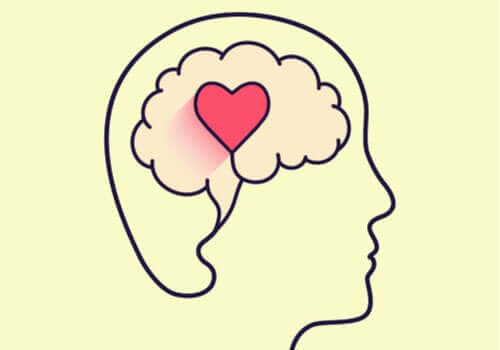Moments of crisis make us more vulnerable. More than ever, it’s time to awaken our emotional intelligence to better cope with the anxiety that arises every day, the anxiety, frustration, and state of sadness that regularly visits us during the containment period.
Using emotional intelligence during childbirth can help us a lot. It is the field of psychology that acts as a source of well-being in times of crisis. Emotional intelligence is a tool for managing emotions, thought approaches, dimensions like hope and even our social relationships.
- As Daniel Goleman says in his books Focus and the already famous Emotional Intelligence.
- Nothing is as important in difficult times as controlling our attention.
- In times when concerns are innumerable and thoughts overflow in the mind filling us with anxiety and anguish.
- It is fundamental to know how to press the pause and focus.
Calm, patience and constructive optimism must be trained to accept the situation and allow yourself to move forward. The in-depth knowledge of the alchemy of our emotions gives us the tool to better cope with the most difficult days, uncertainty and also to develop. our responsibility to the moment we live in.
An interesting study conducted at the University of Buffalo, New York, by Dr. Mark Seery, was able to observe an important question: what does not kill us but, at the same time, we cannot manage, can put ourselves in a state of cumulative stress capable of generating states of very intense psychological vulnerability What does this mean and how does it relate to the current pandemic?
This basically means that millions of people will survive the coronavirus, that’s obvious, however, physically getting out of the pandemic doesn’t mean the emotional part will also be intact.
There remains perplexity, everything that is seen and lived, every anguish and anguish that is felt, no one is immune to this kind of crisis, and it is precisely in a situation of global impact that uncertainties about the future become even greater.
Emotional intelligence during childbirth can help us better cope with this situation, let’s see how to go on.
A person may be an expert on a variety of topics, but it is still a complete analphabrate of the tip of the nose inwards when it comes to emotions. What a person feels, what a person needs, what moves inside and often hurts, is unknown to many This is where the importance of practicing the art of self-awareness comes into play.
It’s about being aware of your emotions and feelings, detecting what the body feels and what’s going on in the mind, knowing how to name, recognizing presence and accepting it, self-awareness means investigating and coming into contact with every inner reality.
Brain amygdala is the small region of the brain that regulates the most harmful emotions, all are necessary and fulfill a function. However, there are times when this structure intensifies reality, painting it with fear and anguish; in doing so, the amygdala completely blocks rational and thoughtful thinking.
All of this makes us behave inappropriately as compulsive buying, panic or constant negativity and fear of what happens tomorrow, so one of the tips for developing emotional intelligence during childbirth, and the one we should be working on the most, is self-management. We must detect these more negative emotions and prevent them from intensifying and eventually kidnap our minds.
This can be achieved if we feel the stimuli that cause worry, fear and discomfort and distract our attention. For example, instead of constantly reading news about the coronavirus, take the opportunity to do more fun activities, such as talking to friends or family.
We were talking about it at the beginning. When anxiety appears, the mind becomes hostage to its noise and begins to anticipate the future, but these predictions are never good.
Thoughts create a knot and we become obsessed with what can happen, what happens tomorrow and terrible and exhausting scenarios.
We have to learn to attract attention, focusing on the present moment. The only thing that matters is the here and now, living in the moment, focusing on well-being and the present.
Working emotional intelligence during childbirth also requires dealing with relationship management. What are the implications of this exercise? This basically means that we must seek a quality emotional connection. These days, the last thing we want to do is talk to people who intensify anxiety and fear.
We must also avoid fueling the anxiety of others. So when we talk on the phone or by video call with our parents or grandparents, friends or other people, we have to try to make the moment rewarding, a refuge and also a light capable of bringing hope.
Managing relationships in times of pandemic means taking care of our social ties, whether close or far away. We need to help those close to us and worry about those who are far away right now. Emotions should act as mood-enhancing nutrients. protection and true love that can be used as a vaccine.
Let’s work every day on these pillars of emotional intelligence.

